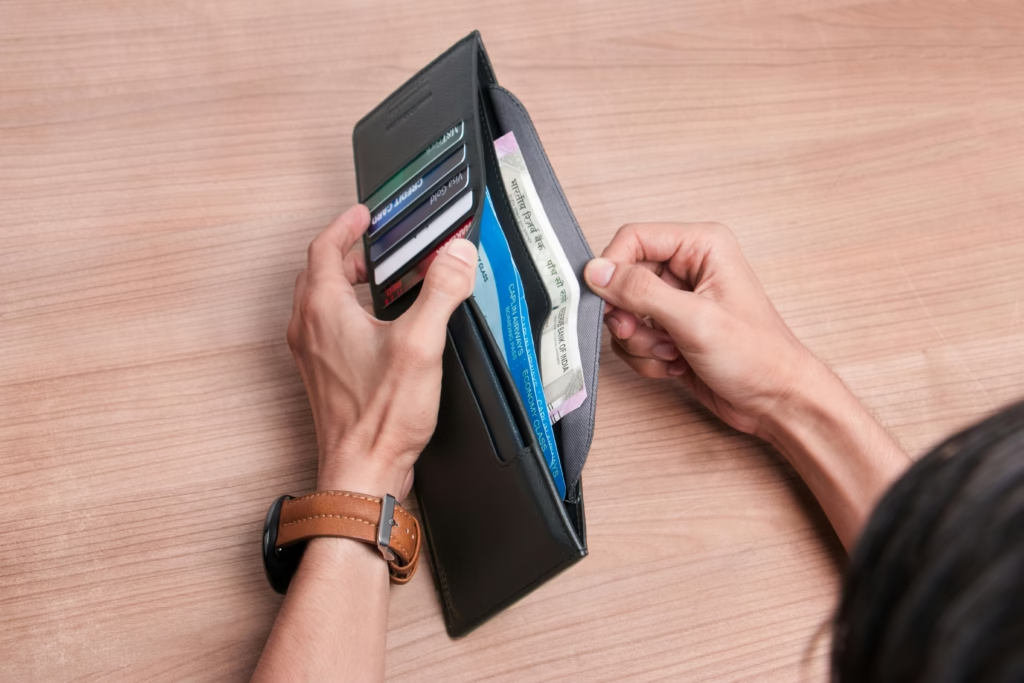Finance Made Easy!
- Kids Corner
- June 15, 2025
- 33
- 7 minutes read

Introduction
Hello Kids! Have you ever gotten pocket money from your parents or relatives and kept it safely in a piggy bank? That’s finance in action!
- Finance simply means how we manage and use our money.
- It’s all about saving, spending, sharing, and keeping track of it.
- So whether you’re a kid saving for a video game or a grown-up buying a car, finance plays a big role in all our lives.
Why Is Finance Important?
Managing money might seem hard, but it’s very important to learn. Here’s why:
- If we know how to use our money wisely, we can buy things we need, like food, books, or toys.
- We can set aside some for later, in case we want something bigger in the future — a new video game, a phone, or a bike.
- We can help people who need it by donating some of our money to help the poor or sick.
- It lets us make choices about what we want without always depending on someone else.
- The habits we learn now will help us become responsible adults who can manage their salaries, pay their bills, and avoid financial problems.
Types of Finance (For Kids)
Here are 3 simple kinds of finance you should know:
Earning:
This means getting money by doing something — like helping your parents with small tasks, delivering cookies, or selling lemon juice on a weekend.
Some kids get pocket money or an allowance from their parents in return for their help.
Spending:
This means using your money to buy things you want or need.
For kids, this might be buying a coloring book, a small snack, a sticker album, or a new video game.
It’s okay to buy things you like, but we need to be careful not to spend all our money at once!
Saving:
This means keeping some of your money aside for later instead of spending it immediately.
Your savings can grow over time and become enough to buy something bigger in the future — like a phone or a musical instrument.
Using a piggy bank or a small jar is a great way to start saving!
Finance Tip for Kids:
Here are a few helpful financial habits you can start today:
Think first:
Before you buy something, ask yourself: “Do I need it or just want it?”
This simple question can help you avoid impulsive buying — buying something just because it looks nice at the moment.
Save a little:
Every time you get some pocket money, try putting aside a small amount — even 10% — into your piggy bank.
This small habit adds up quickly and soon you’ll have enough for something bigger.
Track your spending:
Keep a small notebook to write down how much you get and how much you spend.
This lets you see where your money is going and helps you be smarter with it.
Managing money is a very important skill — even when you’re a kid!
If you learn it now, you’ll be smarter with your money when you grow up.
> You’ll know how to save for something you want.
> You’ll be careful not to waste it.
> And you’ll be able to help people who need it.
Fin Tip:
Don’t be afraid to ask your parents or relatives questions about money.
They can teach you a lot from their own experiences.
And remember — finance isn’t boring; it’s a powerful tool that lets you buy, save, share, and grow!


